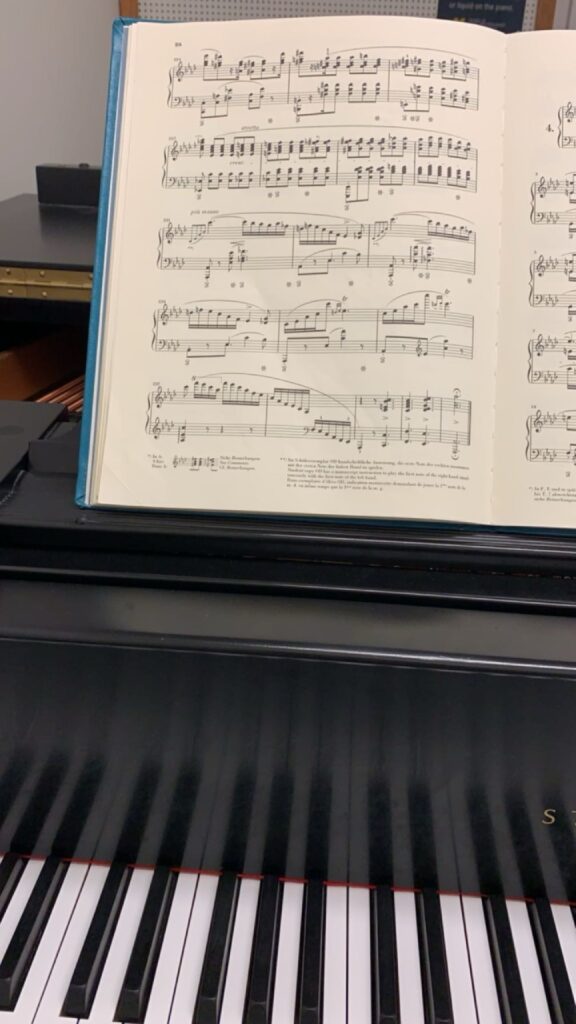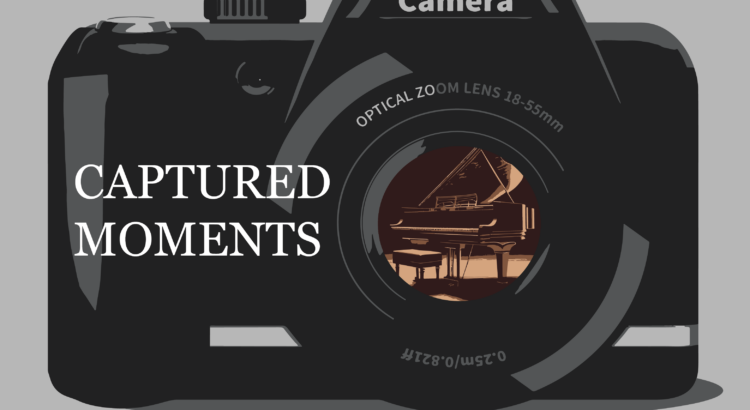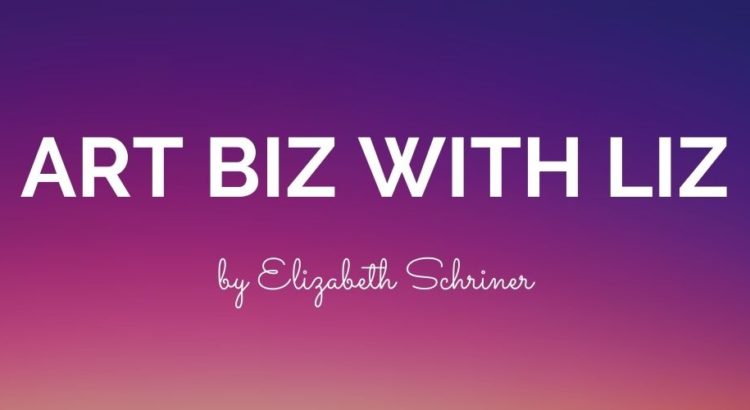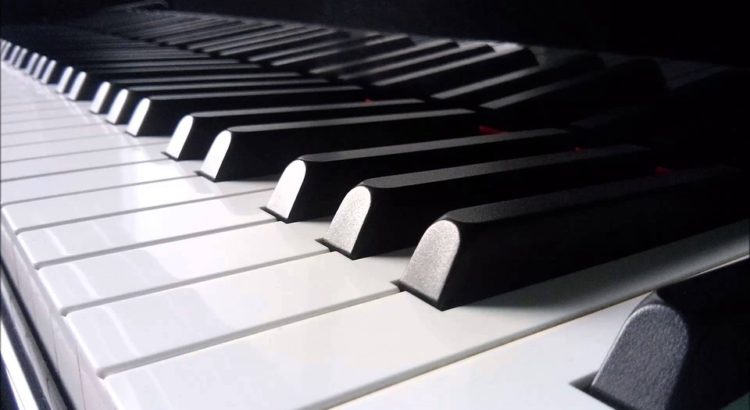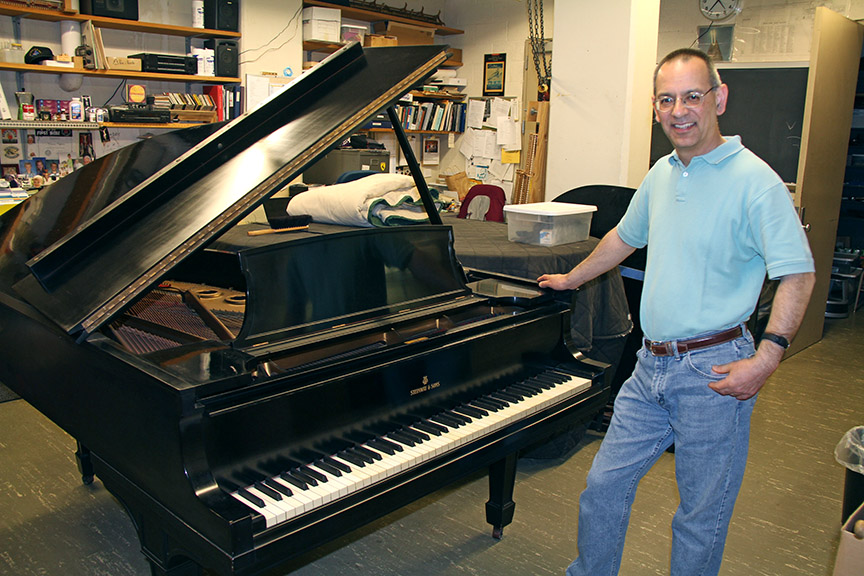I vividly remember the day my piano was delivered. My family had been saving up for a year or two, and after scouring Craigslist and testing out a variety of used pianos, we settled on a beautiful chestnut-colored Yamaha. The moment it was delivered, the upright piano became my most prized possession. I was ecstatic to have my own piano and no longer need to pretend to pedal when using the keyboard. As such, I remember playing the piano for hours on end in the following weeks; however, these days tell a different story.
I live in East Quad, which has practice rooms accessible to students. In fact, this was one of the most exciting parts about touring my new home before the start of school. Yet, using my ten fingers, I could probably count the number of times I’ve actually sat down and played for over an hour. But why?
Before I continue this reflection, I’d like to make note I wasn’t always the best piano student. I started lessons when I was nine yet often feel as though I have nothing to show for it, especially in comparison to the hundreds of extremely dedicated or musically gifted students here at U of M. I’ll admit, when I was younger, there were times I didn’t like the assigned pieces or going to lessons. I frequently faced frustration with myself when I would make mistakes. There were times throughout middle and high school where I practiced only once or twice a week. Yet, somehow I always carved out time for it. Playing the piano was often a stress relief. It was something I enjoyed. Finding a daunting piece and eventually conquering it was one of the greatest feelings in the world. So what changed?
Time management is a huge factor. It can be difficult to juggle work, clubs, and hobbies while maintaining academic success. Additionally, while there are hundreds of organizations that make it easy to find groups of like-minded people or activities you enjoy, it’s just not feasible to do absolutely everything like many of us did in high school. Don’t get me wrong, it’s definitely possible to still tackle plenty of extracurriculars. Several of my friends have been able to continue playing their instruments by being in marching band, orchestra, or chamber music. For me, the gist of time management in relation to playing the piano is the lack of setting aside time to specifically play. Amidst homework, tests, and other commitments, I’ve failed to put practicing as a priority.
While time management is an obvious and monumental reason for not playing the piano, I’ve come to realize that self-consciousness has also been an inhibitor in my musical ventures. For some background information, it’s easy to hear sound coming from the practice rooms in East Quad’s basement, whether you’re outside of them or in another practice room. Whenever I hear people around, I can’t help but feel pressure to perform under some sort of expectations I can’t live up to. When I hear another piano player in the practice room next door, sometimes I can’t help but feel inferior and fearful that he/she is judging me for my mistakes or lack of fluidity. It’s difficult to refrain from comparing myself to other talented students that I hear playing. This probably sounds silly, but it’s strangely something that has had an impact on my confidence and willingness to play. It also goes along with the fact that while I’m comfortable speaking, singing, or acting on stage/or other people, playing the piano is another story.
While self-consciousness is something that affects my playing habits, I hope to move past these insecurities and focus on my own progress. After all, if I stop playing because I feel that other people are much better than me, how am I ever going improve? And as far as time management goes, I’d like to go back to viewing practicing as something done for enjoyment or as a stress relief rather than a simple check off an imaginary to-do list. I hope to remember to actively think about setting aside some time to play, even if just once in awhile. Ultimately, I’m extremely grateful to my parents and piano teacher for the opportunity to learn such a skill as how to play the piano, and I don’t intend to let it go to waste.

